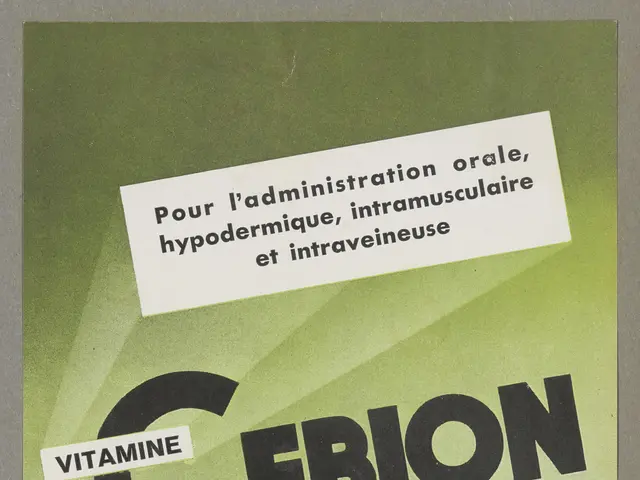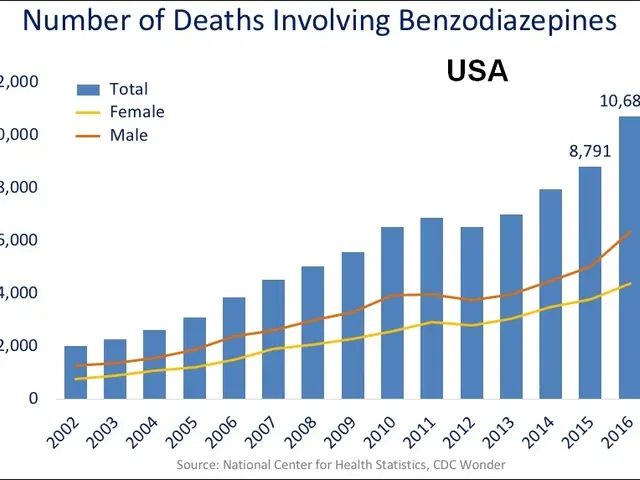Safely Quitting Antidepressants: A Guide for Users
Discontinuing antidepressants requires careful planning and a gradual, monitored approach to reduce the risk of antidepressant discontinuation syndrome. This syndrome, which affects an estimated 20% of patients, can cause symptoms such as brain zaps, nausea, dizziness, anxiety, emotional swings, trouble sleeping, and fatigue.
Working Closely with Your Doctor
The first step in safely stopping antidepressants is to consult your healthcare provider. Your doctor or psychiatrist will evaluate your readiness based on your emotional stability, current stressors, and support system.
The tapering process is then individualised, with the reduction in dose taking place gradually over weeks, months, or even years. The rate of tapering depends on the antidepressant being taken and its dosage, with some medications staying in the bloodstream longer than others.
Tapering Methods
There are several methods for tapering off antidepressants. One approach is the hyperbolic tapering method, which reduces dosage in smaller proportional steps as the dose decreases, aiming to minimise withdrawal.
In some cases, medication substitution protocols may be used. Switching to an antidepressant with a longer half-life, such as fluoxetine, allows for easier tapering. For example, fluoxetine can be tapered from daily dosing to weekly dosing before full discontinuation, monitored closely for several months post-taper.
Ongoing Monitoring
Careful observation for withdrawal symptoms or relapse is essential during and after tapering. If symptoms become severe, your doctor may reinstate a low dose and adjust the tapering speed accordingly.
When to Consider Stopping Antidepressants
Anxiety and depression are considered chronic illnesses, and stopping treatment may lead to a return of symptoms. However, there's no rule book for when to go off antidepressants, and the reasons to do so are varied. If you're feeling better and emotionally stable, it may be time to consider stopping antidepressants.
If you don't like the antidepressant you've been taking, share those concerns with your doctor to determine a better option. If you can't afford your antidepressant, let your doctor know as they may be able to switch you to a different antidepressant or to a generic version.
Importance of Communication
It's important to communicate any negative side effects or concerns about antidepressants to your doctor. Similarly, if you're feeling ready to stop using antidepressants due to social stigma or a desire to try therapy, these feelings should also be shared with your doctor.
Your doctor will help chart a safe path for transitioning off antidepressants, which often involves a gradual reduction of dosage over time. A backup plan may also be discussed in case depression returns, including whether to try medication again or seek alternate treatment.
In conclusion, the safest way to stop antidepressants is to work closely with a healthcare provider to develop and follow a personalised, gradual tapering plan that minimises withdrawal symptoms and monitors your mental health throughout the process.
- It's crucial to communicate your intention to discontinue antidepressants with your doctor, especially considering the role they play in managing mental health, a critical aspect of overall health and wellness.
- The history of medicine, particularly in the field of psychiatry, highlights the importance of careful planning and monitored approaches when discontinuing antidepressants, given the potential impact on mental health, a key component in the realm of health-and-wellness.





